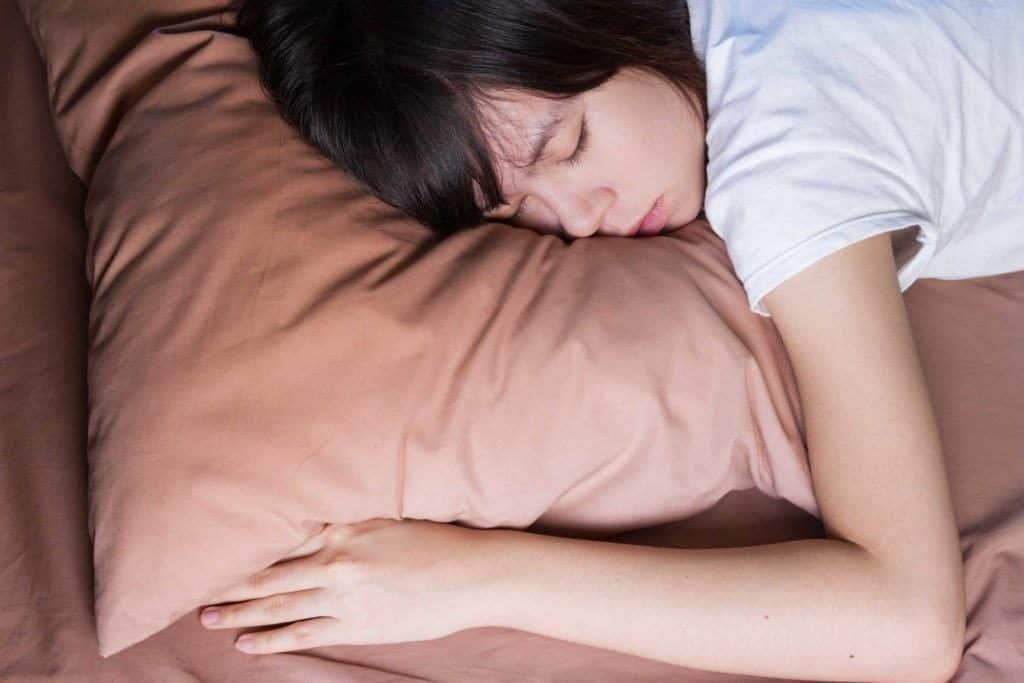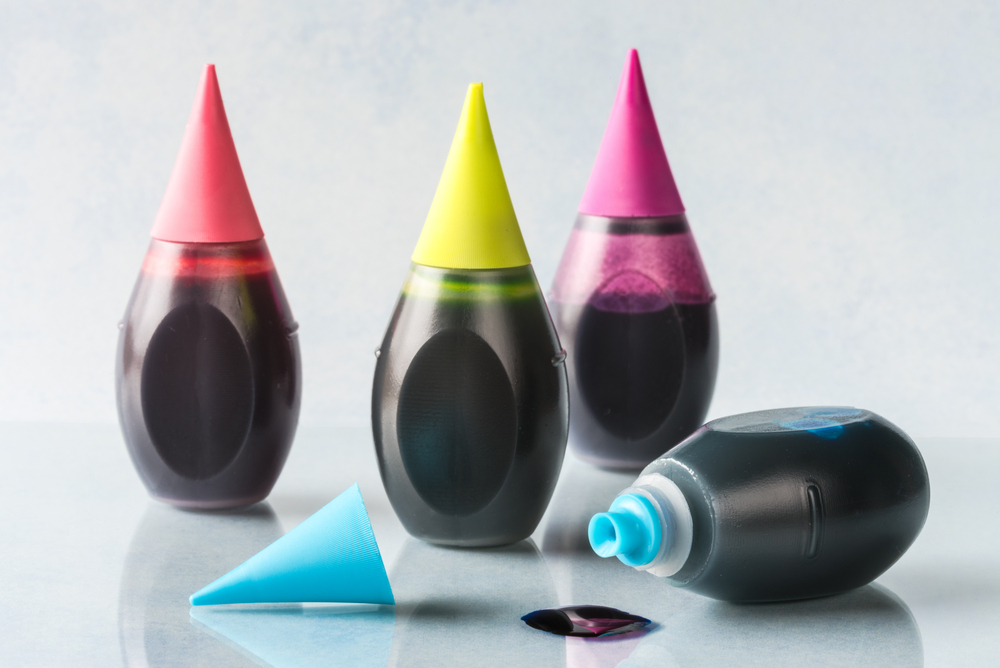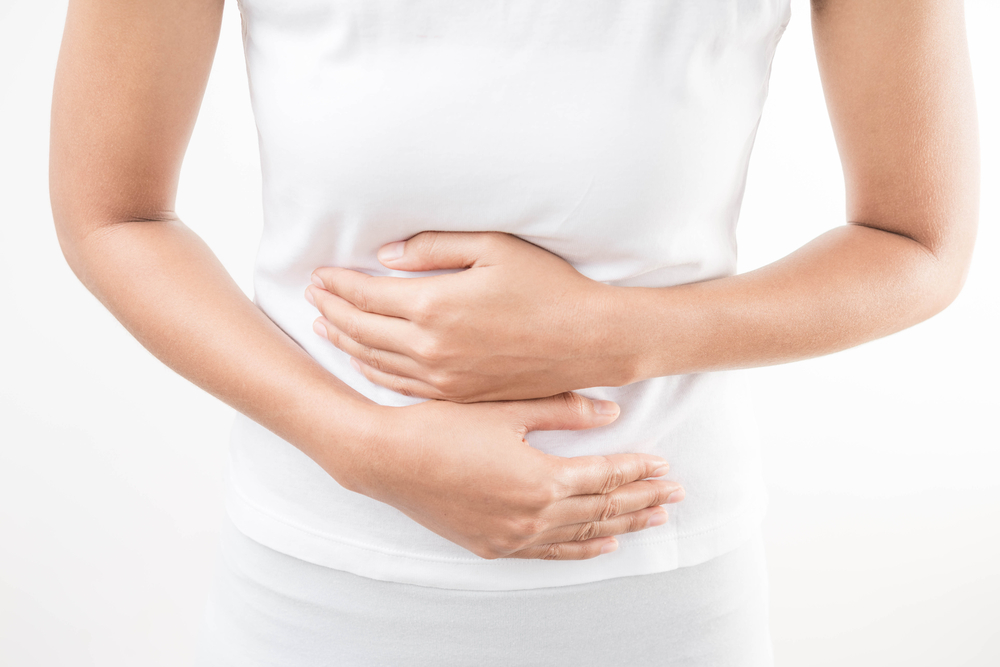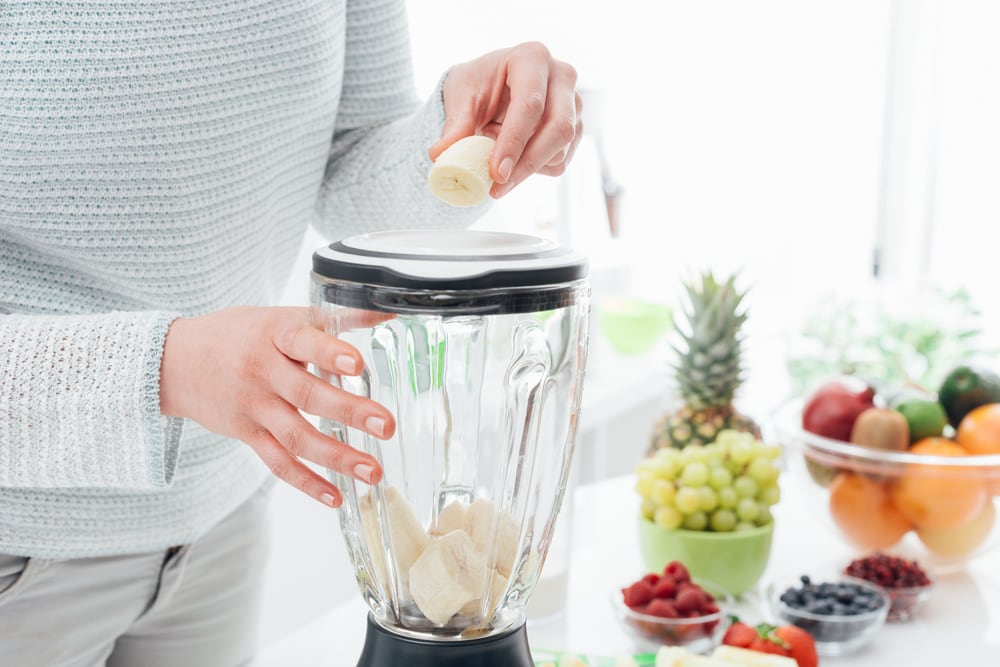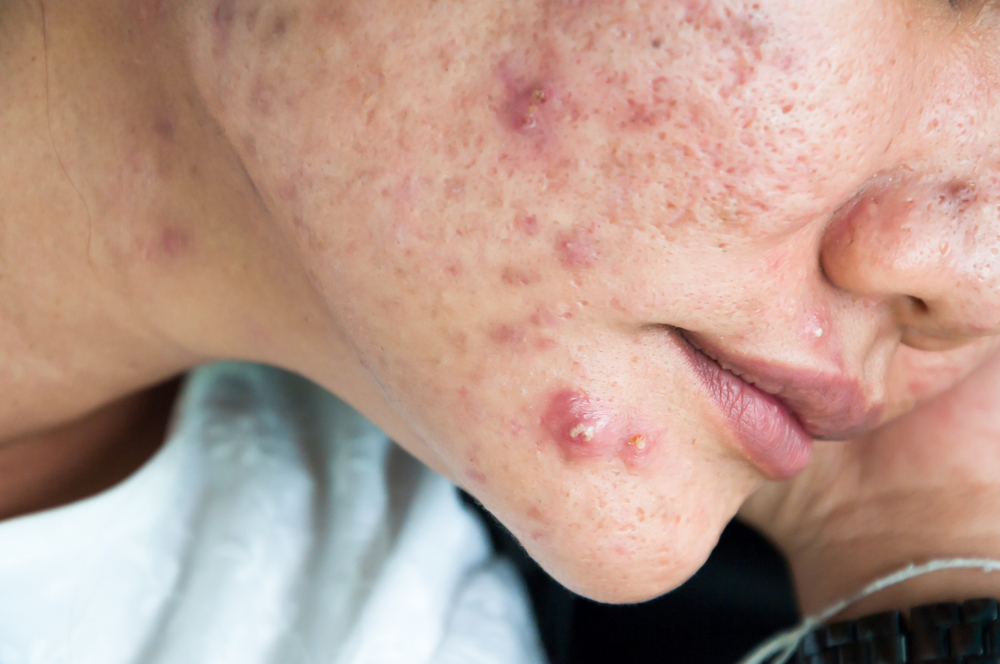Contents:
Medical Video: Sleeping Too Much Or Too Little Might Increase Stroke Risk
New research shows that people with high blood pressure who sleep less than five hours or more than eight hours a night may have a much higher chance of having a stroke.
Through analysis of data from more than 200,000 US citizens with high blood pressure, the scientists determined that people who slept less than five hours each night had an 83 percent increased risk of stroke compared to people who slept for seven to eight hours.
While for people who sleep more than 8 hours, have a risk of stroke 74 percent higher than people with healthy sleep patterns, according to this study.
"We were surprised, especially in individuals who reported sleep deprivation, because most studies have shown only a slight increase in the likelihood of suffering a stroke among those with short sleep duration," said study author Dr. Oluwaseun Akinseye, an internist at Icahn School of Medicine from Mount Sinai Hospital in New York City.
"Our study shows a much higher probability of stroke, almost doubling," Akinseye added.
Although this study found an association between sleep duration and stroke risk in people with high blood pressure, this study was not designed to prove a causal relationship.
The findings of this study are scheduled to be presented on Friday at the American Society of Hypertension which is the annual scientific meeting in New York City. Research presented at scientific conferences is usually not published or peer-reviewed, and the results are considered an initial spark.
About one third of adults in the United States experience high blood pressure, according to the study authors. High blood pressure, also known as hypertension, is a risk factor for stroke and other forms of heart disease.
About 800,000 people each year in the United States experience strokes, according to the US Center for Disease Control and Prevention (CDC). Stroke is also a major cause of disability in the United States, continued the CDC. Most strokes are triggered by blood clots in the brain, while the rest occur due to damage to blood vessels.
Akinseye and his colleagues used data collected over nine years from the Interview by the US National Health Survey on about 204,000 Americans with high blood pressure. Overall, the risk of stroke almost increased by 14 percent among people who slept longer; 11 percent among people who don't get enough sleep; 6 percent for people who sleep in five to six hours per night; and about 5 percent for people with healthy sleep patterns.
The results are adjusted for other health conditions; demographic factors; and behavioral factors such as smoking, activities and physical conditions, said Akinseye.
It is not clear why sleep numbers are associated with stroke risk, he said. But, he added, a short amount of sleep is associated with higher levels of cortisol, also known as "stress hormones" in the body, while the amount of long sleep is related to the release of inflammatory chemicals.
Dr. Amy Tai, assistant clinical professor of neurology and neuroscience at Stanford University School of Medicine in Palo Alto, California, said the results of the study were limited because participants reported themselves the amount of their sleep.
"With self-reporting, it is difficult to measure the quality of a patient's sleep," said Tai, who was not involved in the new research. "It is difficult to conclude, if there are other health conditions in independent patients who are not examined.
Future research should include a more reliable method of sleep recording, "Tai said.
"There are monitors that can measure not only sleep duration but also sleep quality," he said. "I think research using more objective sleep measurements, such as remote or recordable devices, will help in actually capturing objective data because self-reporting has limitations."
Based on this study it is not yet clear whether getting the right amount of sleep will reduce your risk of stroke, but if you need to get more sleep, the National Sleep Foundation has a few suggestions:
- Avoid alcohol, cigarettes and heavy foods 2-3 hours before going to bed
- Do regular sleep and wake up patterns, even on weekends
- Exercise every day, every time, day or night, no problem to do, as long as the exercise does not interfere with your sleep
- Make your bedroom cool, between 20-24 degrees Celsius.
- Avoid napping if you have trouble sleeping at night
- Get rid of your electronic device before going to bed.

